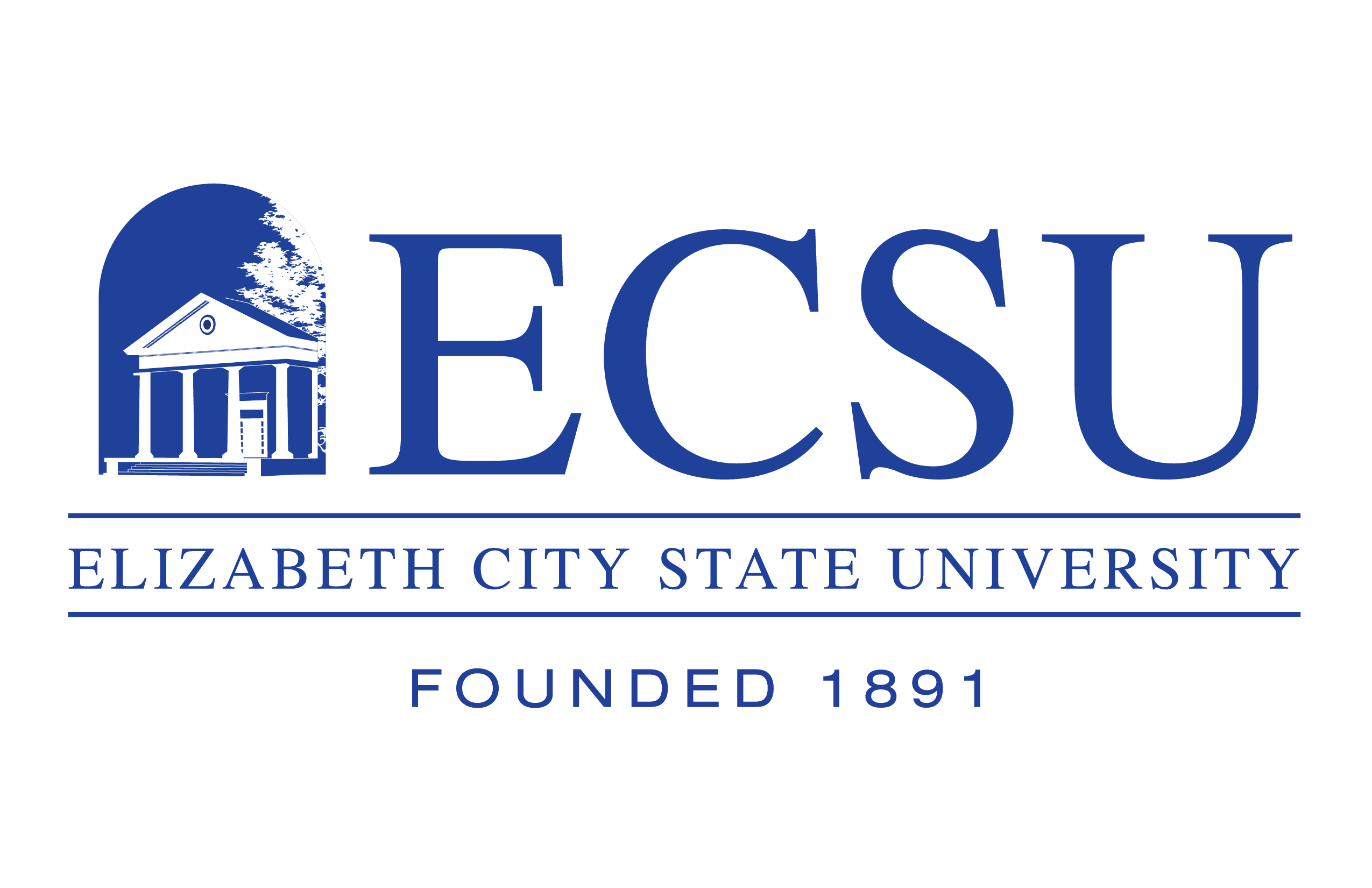The Elizabeth City State University (ECSU) Department of Education undergraduate program recently received a grade of A from the National Council on Teacher Quality (NCTQ) Teacher Prep Review. According to its website, the overarching goal of the NCTQ review is to ensure each K-12 student learns from a qualified teacher with content recognized as essential for sound teaching. The organization identifies as a nonprofit dedicated to issues of teacher quality.
ECSU School of Education and Business Dean and Professor Joy Smith, Ph.D., acknowledged the stellar rating as continued validity for the department and those it educates.
“This (distinction) reinforces that not only is ECSU an affordable institution at which to complete your educator preparation, but the program itself is of quality and is in the top quartile of programs nationally,” she said, adding that the department’s matriculants are growing.
The department currently has 144 undergraduate students, up from 98 last academic year. The five evaluation categories are phonemic awareness, phonics, fluency, vocabulary, and comprehension. According to national findings of the NCTQ data, only 25 % of programs adequately cover all five core components of scientifically based reading instruction. This evaluation focused on ensuring ECSU educator preparation candidates are steeped in the science of reading.
The department will continue to utilize cutting-edge teaching techniques to produce top-notch educators. Smith said the department graduates educators who, after completing their studies at ECSU, are placed quickly in teaching jobs. In 2022, the university’s Fall Commencement Bearer of the Shield (the transfer student with the highest GPA regardless of major) was Elementary Education Major Lyla Hanig.
“(Our) focus has always been on delivering excellence to our students so they can deliver excellence to the students they will teach,” Smith said. “We understand the power of education and the power of a literate world. ECSU strives to graduate teachers who can improve the literacy level in the schools where they teach so their students can change the world.”

